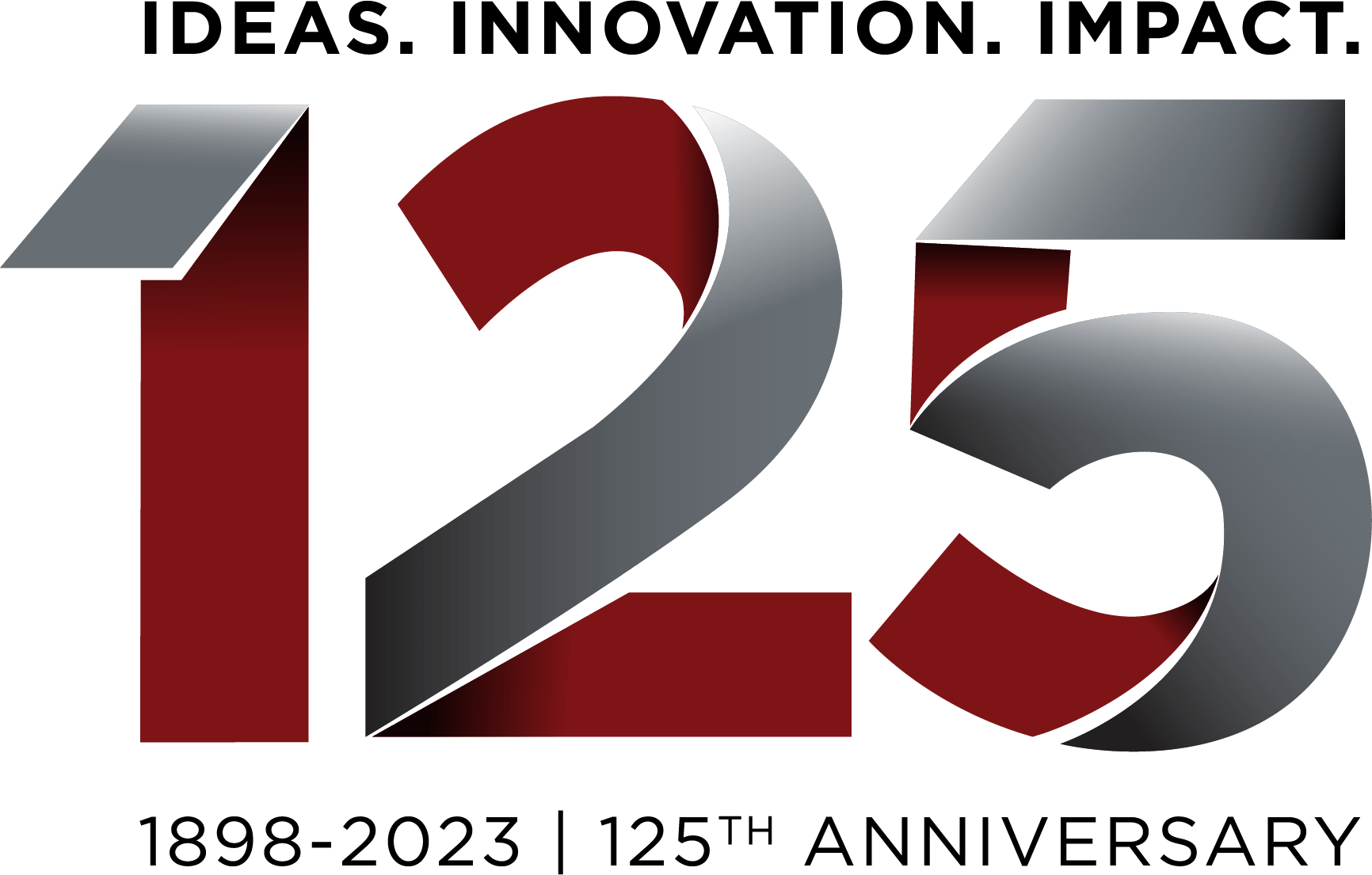
1916
First to create a comprehensive business education.
1916
Booth is a business school of firsts. A community of curious thinkers and bold doers. A global network of innovative alumni and analytical thought leaders who have shaped markets, policy, and industry in profound ways.
Throughout 2023, Chicago Booth celebrated its 125th anniversary. From events across the globe to an oral history project for our alumni to activities on social media and retrospective features, we showcased the impact of Booth over the past 125 years, celebrated this important milestone as a community, and presented to you how Booth is poised to continue to impact the future.
Innovating and setting new precedents is in our DNA. Discover how we have pioneered business education and thought leadership throughout our history.